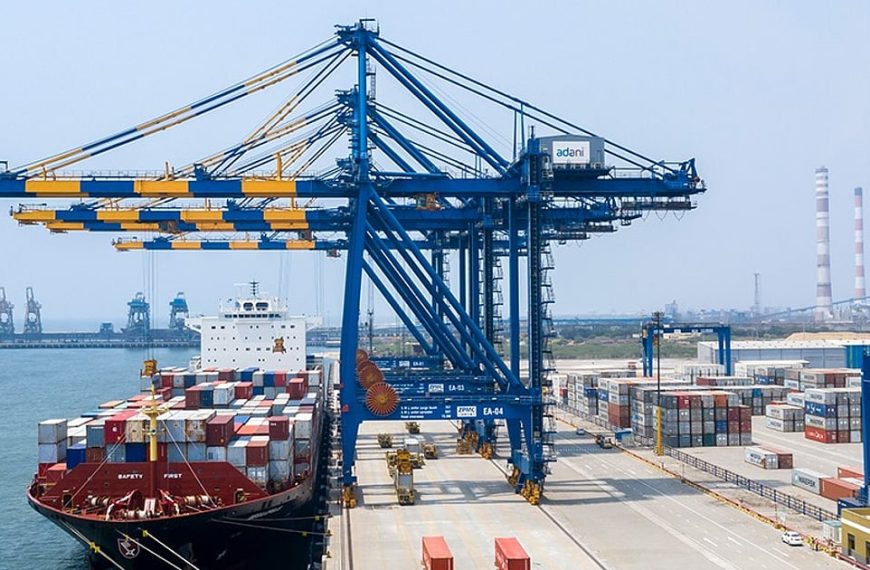As the possibility of a U.S. recession looms in 2023, the landscape for investors may see a significant shift, especially regarding U.S. and Asian equities. Unlike previous downturns, Asian markets may emerge as the safer investment choice this time. Recent economic indicators suggest that the U.S. economy is already facing challenges, prompting a reevaluation of traditional investment strategies.
Economic Indicators Point to a Shift
The initial economic data for the first quarter of 2023 indicates a slight contraction in the U.S. economy. This raises the specter of a potential recession, supported by troubling signs such as a steep decline in consumer confidence. In April, the University of Michigan’s Consumer Sentiment Index hit its lowest mark in 35 years, excluding the pandemic’s short-lived dip.
Additionally, a classic recession signal—the inversion of the Treasury yield curve—has been observed. Historically, when the gap between the 10-year and 2-year Treasury yields turns negative, it often foreshadows an economic downturn.
A Different Scenario for Asian Equities
Historically, U.S. equities have outperformed Asian stocks during recessions. However, with the current economic climate, it appears that Asian markets could defy the trend. The International Monetary Fund (IMF) recently downgraded its growth forecasts for the U.S. by 87 basis points for 2025, contrasting with a more modest reduction of 67 basis points for the six largest Asian economies, excluding Japan.
- Inflation Outlook: The U.S. is facing a rising inflation forecast, which increased from 1.96% in January to 3.00% in April. Conversely, China is expected to encounter mild deflation, while inflation rates for emerging economies (excluding China) have slightly decreased.
Policy Space: A Critical Difference
The U.S. is limited in its ability to spur economic growth through policy adjustments. With the Federal Reserve navigating an environment of slowing growth coupled with rising inflation, interest rate cuts may be approached with caution. Fed Chair Jerome Powell has warned of the potential for persistent inflation driven by tariffs.
In stark contrast, many Asian countries, including Indonesia, the Philippines, and China, have considerable room to maneuver with their monetary policies. Their current real policy rates range from 3.5% to 5.0%, providing a more flexible response to economic challenges.
Fiscal Health: A Key Advantage for Asia
The fiscal landscape in the U.S. is concerning, with public debt reaching approximately 120% of GDP and a deficit exceeding 6% of GDP. Meanwhile, most Asian nations maintain lower debt levels, allowing for greater fiscal policy flexibility. Notably, both China and India have public debt-to-GDP ratios below 90%.
Valuations and Market Performance
Equity valuations also present a compelling argument for investing in Asia. Historically, market downturns have led to significant drops in valuations, as seen in the 2001 and 2008-09 recessions. Currently, the MSCI Asia ex Japan index boasts a price-to-earnings (P/E) ratio of about 12.5x, compared to the S&P 500’s ratio of roughly 20x. This lower valuation in Asia suggests less risk of substantial declines.
Positive Signs for Asian Equities
Recent market dynamics indicate a growing belief in the resilience of Asian equities. The MSCI Asia ex Japan index has notably outperformed the S&P 500 in 2023. Notably, during a tumultuous period in April, both markets reacted strongly to U.S. tariff announcements. However, the recovery in Asian markets was more robust following the subsequent tariff rollback, highlighting a divergence in market responsiveness.
Looking Ahead
While challenges remain for Asian economies, including China’s need for policy support and the export dependency of certain technology sectors in South Korea and Taiwan, the current environment might still favor Asian equities. Investors may find that a ‘risk-off’ sentiment could lead to favorable outcomes for Asian markets—an intriguing shift from historical patterns.
In conclusion, as the economic landscape continues to evolve, investors should consider the potential of Asian equities in this new scenario, where the traditional rules of recession may no longer apply.











